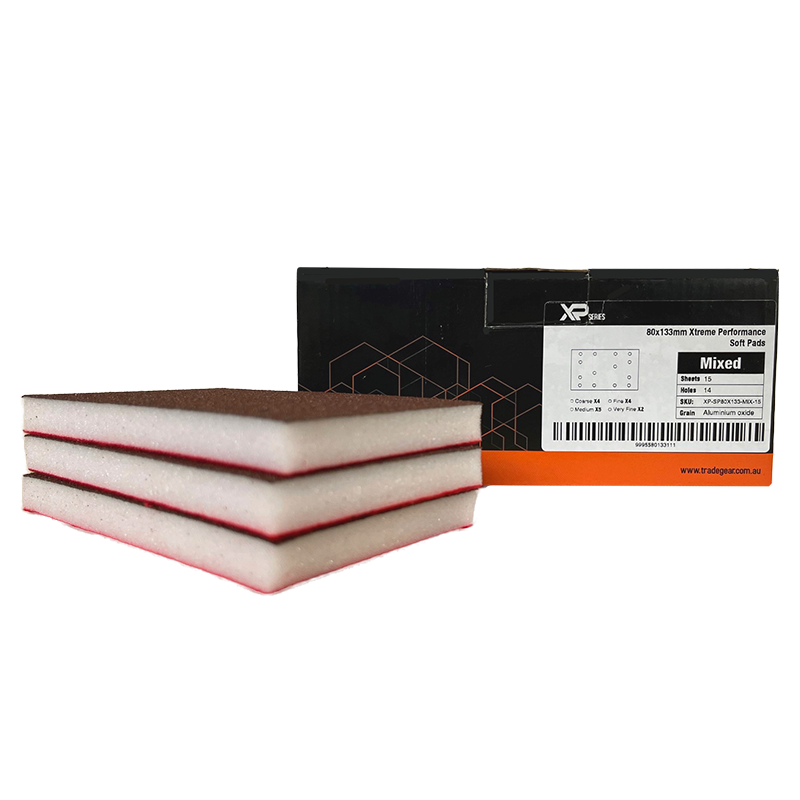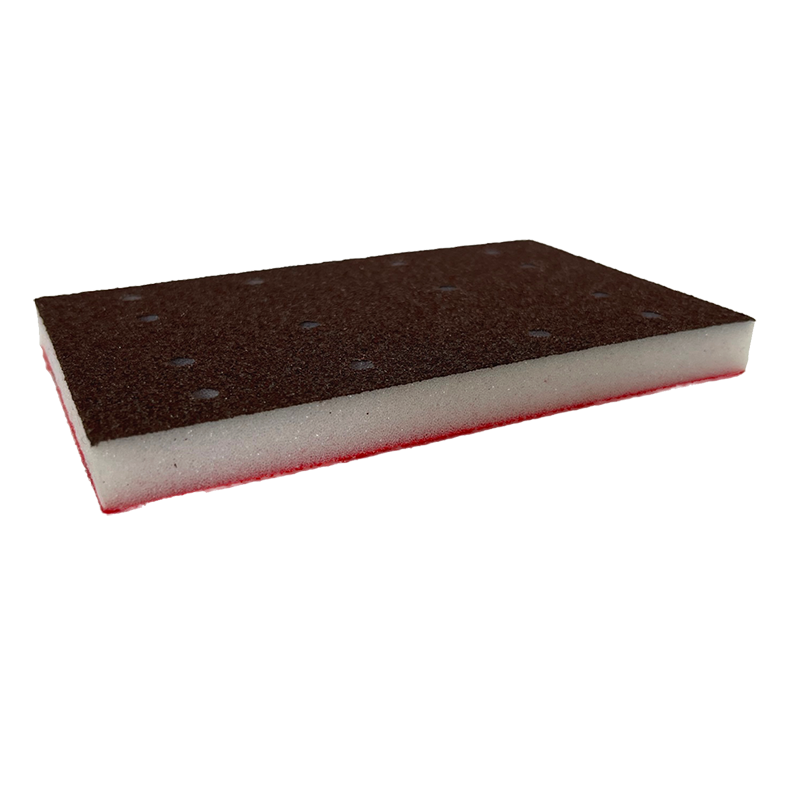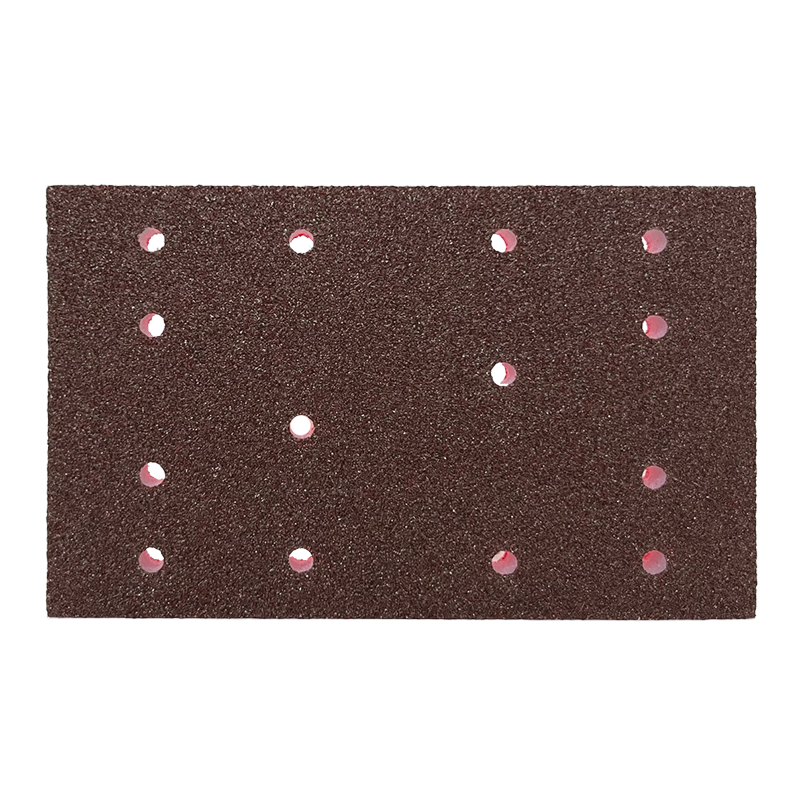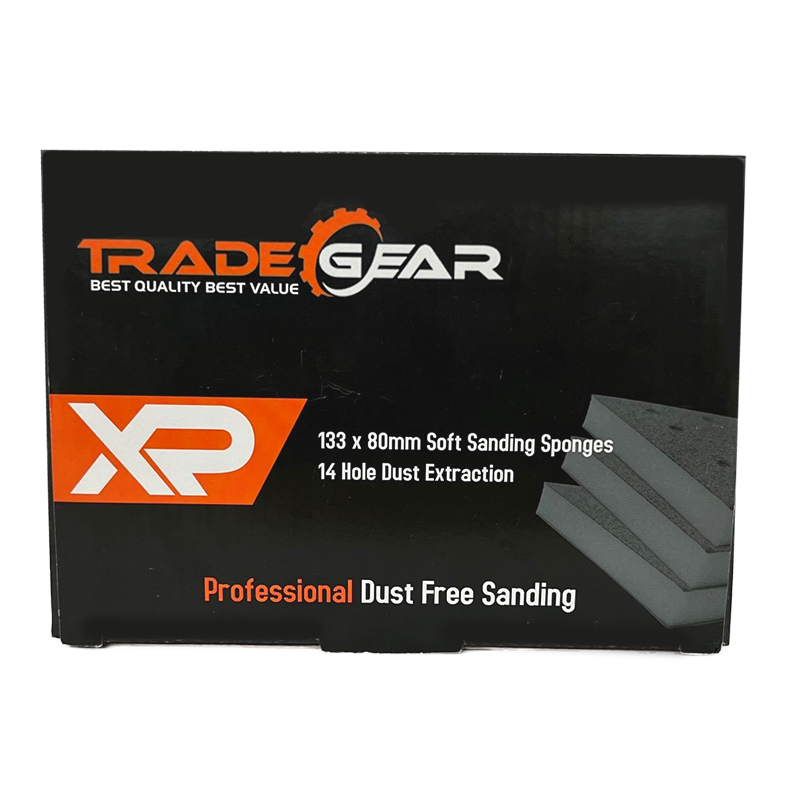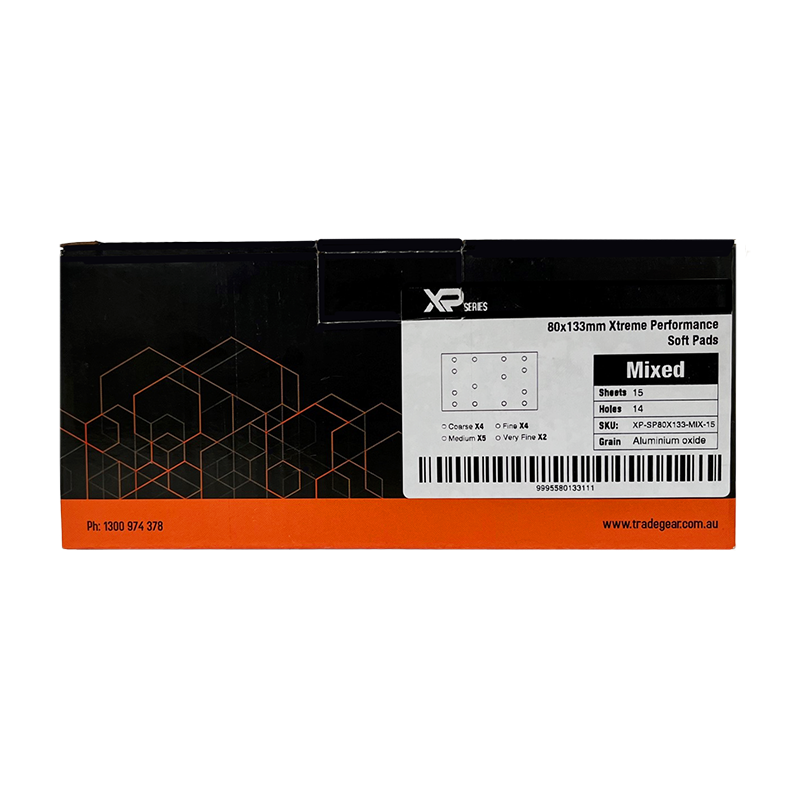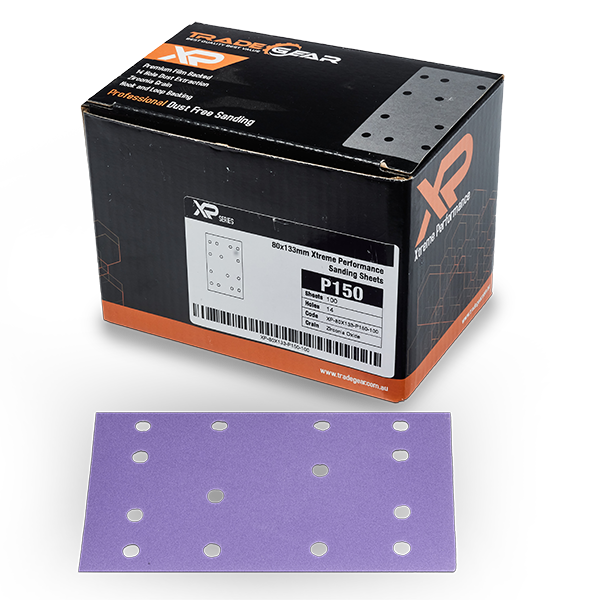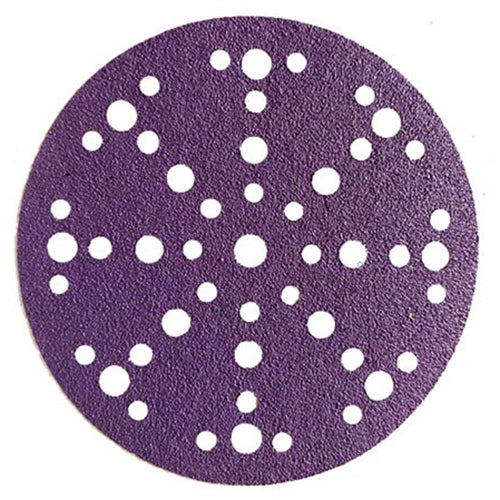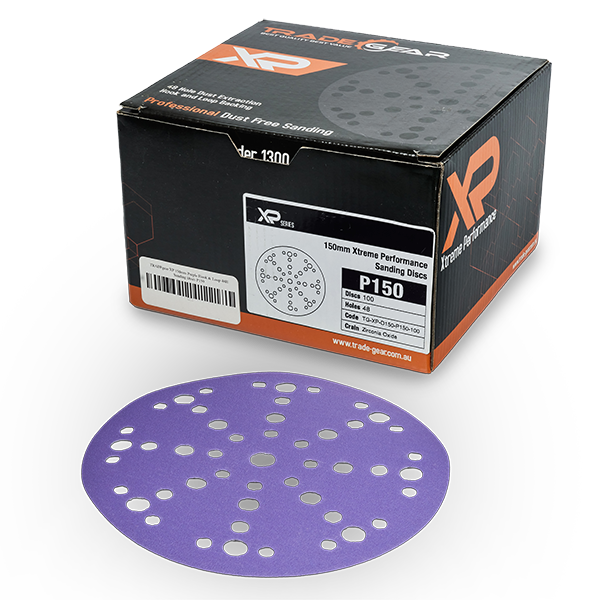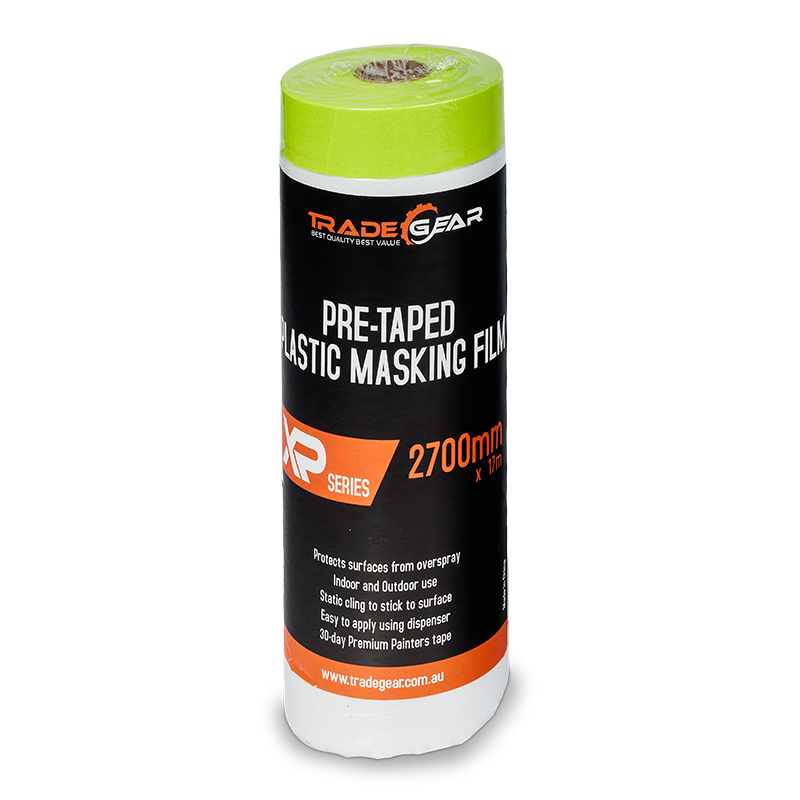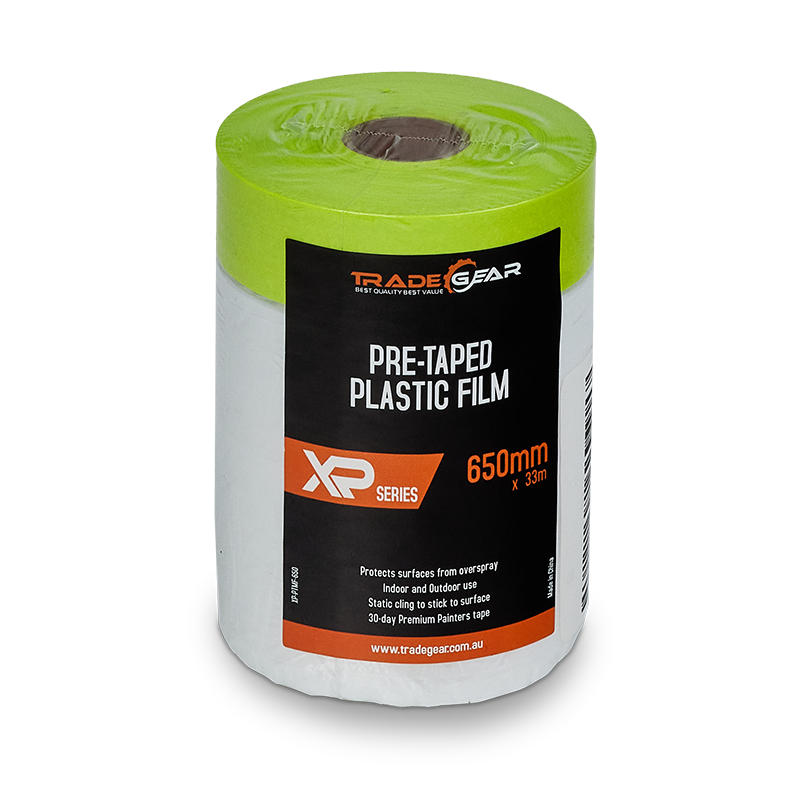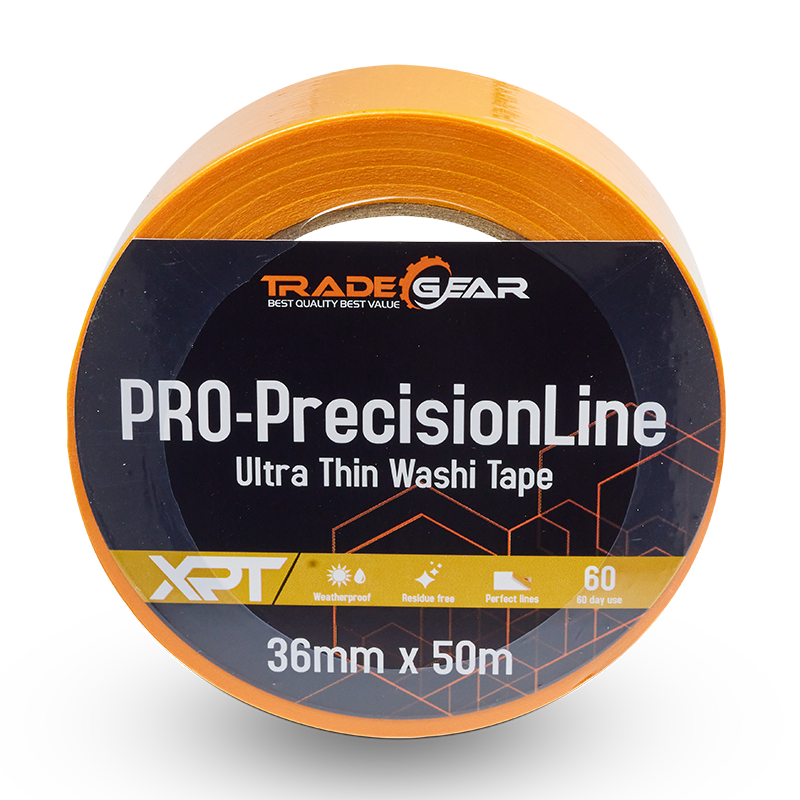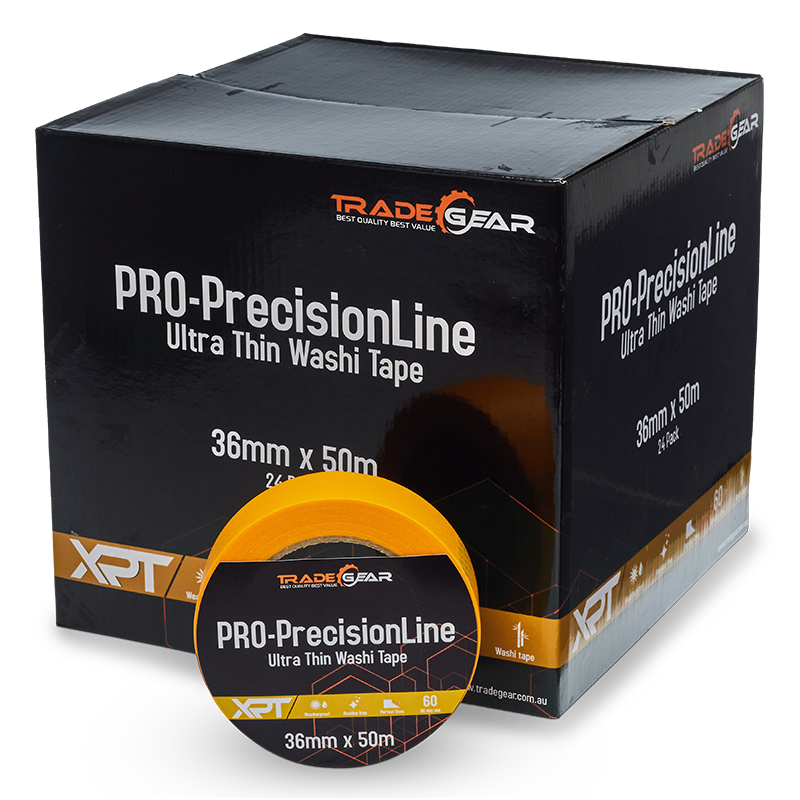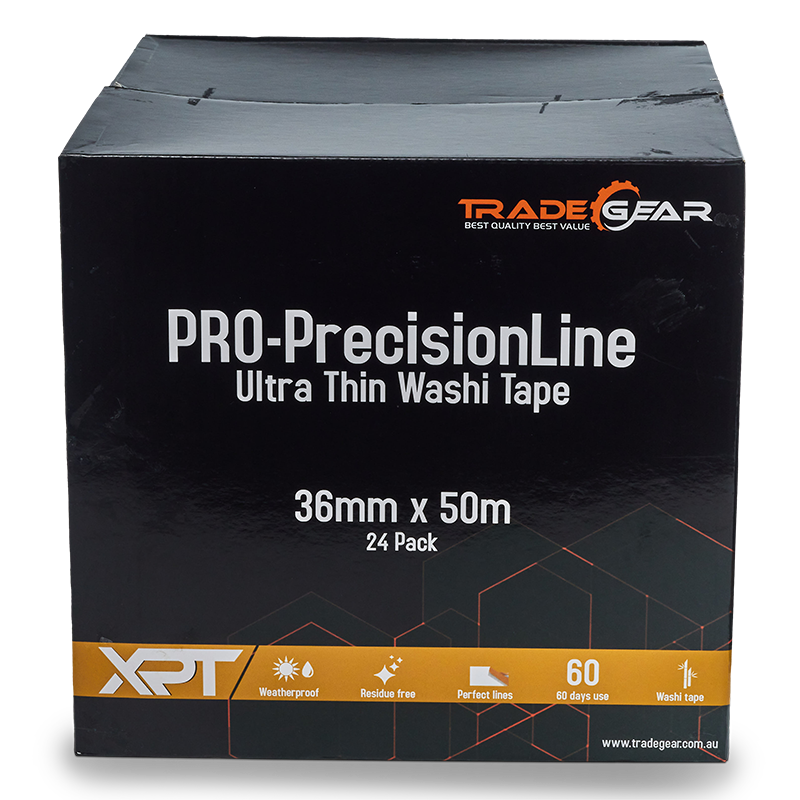The Importance of Dust Extraction
Dust extraction helps to remove harmful or hazardous dust from the atmosphere. That doesn’t mean it is just placed somewhere else for others to deal with. It is retained so that it can be disposed of safely at a later date.
All good safety tools and extraction equipment will ensure dust is kept from transferring into the air around you.
Why is Dust Extraction Important?
Not extracting dust could lead to serious health problems. Microscopic particles in fine dust from concrete, stone, wood and metal can settle in your lungs. That could potentially create scar tissue and could lead to long-term conditions such as Silicosis. It is not merely enough to wear individual ventilators or to ventilate an area. Dust extraction catches harmful particles before they get into the air to be disposed of safely.
That said, some materials and work may produce dust considered more or less dangerous than others. Before we look at what you’ll need from a hard-working extraction unit, let’s consider the different dust classifications.
What are the Main Dust Classes?
There are three main classes of industrial dust you should be aware of. These are ranked based on the particle size, and the risk they can pose to your health. The smaller the particles, the more chance you have of breathing them in, which is where there's greater risk of dangerous particles settling in your lungs and causing damage.
It’s important to know a little bit about dust classes. When buying power tools and/or extractors, you will find that they are designed for use with various types of dust. Instead of taking your chances, always make sure you know what classes of dust you are likely to be working with.
Here are the main dust classes currently observed:
-
Dust Class L (Low risk, largest particles)
-
Dust Class M (Medium risk, small particles)
-
Dust Class H (High risk, microscopic particles)
It is not enough to have one extraction tool to help remove dust from your working area. You will still need to remain vigilant and to make use of industry-recognised procedures.

